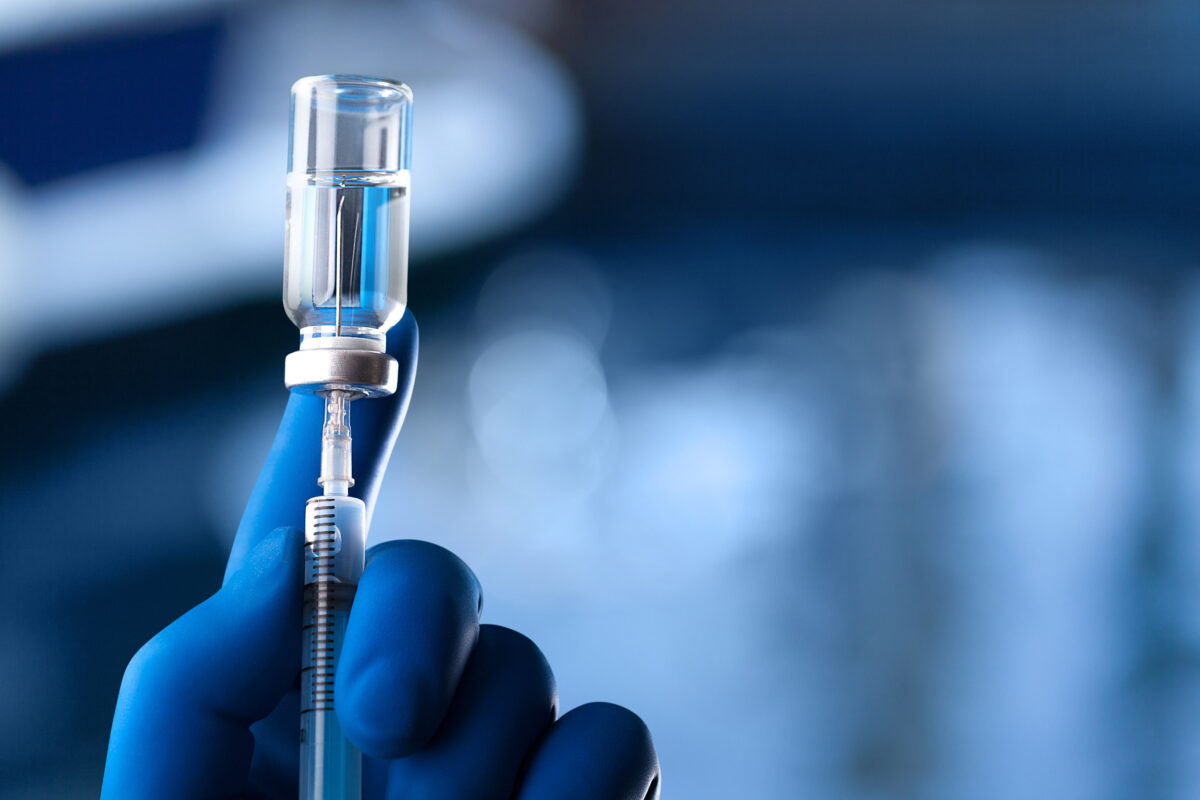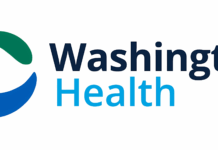Vidya Sethuraman
India post News Service
B117 was first identified in the United Kingdom in October 2020 and quickly became dominant in other parts of the World. B117 infections had higher viral loads at diagnosis than those infected with other variants. B117 is thought to be highly transmissible owing to mutations in parts of the virus genome that code for the spike protein responsible for binding to human cells, but the effects of those mutations on disease severity, outcomes, and death rates remain unclear. It’s passed more easily between people, but there’s no indication that it causes more severe cases of COVID-19, experts said. Panelists at the EMS conference on March 19 discussed this variant and can the U.S. achieve herd immunity before the B117 prevails.
The CDC variant tracker shows 5,567 B117 cases in 50 states, 180 B1351 cases in 26 states, and 48 P1 cases in 15 states. The concern is we have B117 spreading, and it’s 50% more transmissible than the wild type virus. However, vaccines are effective in preventing severe illness and hospitalization for cases caused by B117.
Dr. Nirav Shah, director of the Maine Center for Disease Control and Prevention said, today marks a significant milestone; we have administered 100 Million doses of vaccine in the US. We are in a race against the variant and the vaccine,” he said. We are vaccinating really well, that’s the good news. These variants are spreading pretty quickly across the country, that’s the bad news. With new variants evolving we should race up and vaccinate our citizens, said Dr Shah. CDC has now classified it as variant under investigation, variant of interest, variant of concern and variant of high consequence. This virus type has genetic markers that have been linked to a potentially increased risk. The B117 variant is virulent, spreads faster, but all our vaccines cover it, said Dr Shah. We have to get people vaccinated as quickly and broadly as possible. We are also working on a variant vaccine that will better attack the spike protein.
Dr. Dali Fan, UC Davis Health Science Clinical Professor said Johnson and Johnson COVID Vaccine has Overall prevention for moderate/severe COVID-19 infection): 67%. Johnson & Johnson vaccine uses a “shell of a virus” to carry genetic material into your cells. He added, the 3 vaccine trials were done at different times and places, the 3 vaccine trials were done against different viral mutants and no trials compared efficacy between vaccines in the same study at the same time. J&J vaccines have very low serious adverse events of 0.4%. The J & J vaccine is one shot and suited for people who want to get fully vaccinated with the first shot. It is also better to be used in mobile clinics and rural areas.
Dr. Daniel Turner-Lloveras, Founding Member of the Latino Coalition Against
COVID-19 addressed vaccine inequity in the LatinX community and highlighted the “Digital Companero” program, a new initiative to address vaccine-related digital literacy. A bilingual volunteer-led program that teaches community members how to use technology to open doors, including signing up for vaccine appointments, have helped the Latinx community who are hardly hit by the pandemic.
Dr.Kim Rhoads, Associate Professor, Epidemiology & Biostatistics at UC San
Francisco’s School of Medicine discussed vaccine inequity in the Black community, and the pop-up testing and vaccination sites she built in Oakland in partnership with Umoja Health. In the African-American community, the lack of trust in vaccines remains a lingering issue. The goal of Umoja Health is to increase testing and engagement of Black and African American Communities living in Oakland, California. Rhoads discovered that virus positivity may be lower than is being reported by public health departments and the media because a large portion of the Black population is being missed. Umoja aimed to get more Black and African American folks tested for the coronavirus and to use that data to present a more accurate picture of positivity rates in the community.
About a quarter of California’s population has received one shot of the coronavirus vaccine so far, according to data from the CDC. Vaccinating all the residents quickly and broadly is the key to reach herd immunity. Public health experts, including the nation’s top infectious diseases expert Anthony Fauci, stated that in order to achieve herd immunity in the country, up to 85 percent of the population would need to be vaccinated.







